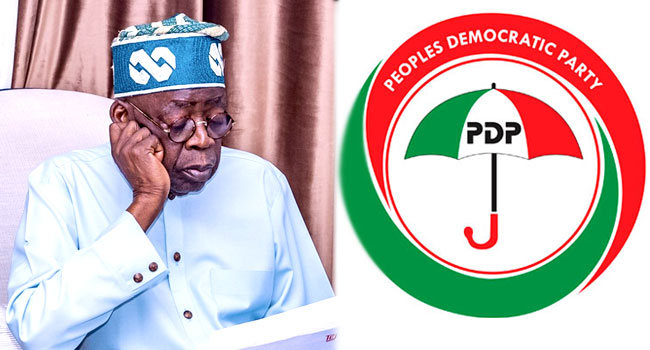Fuel Consumption Drops 16% To 1.44bn Litres In June 2025~ NMDPRA
The Nigerian Midstream and Downstream Petroleum Regulatory Authority (NMDPRA) has announced a notable drop in the nation’s fuel consumption for June 2025, with total fuel evacuation falling to 1.44 billion litres.
According to a statement issued on Wednesday by the NMDPRA’s Director of Public Affairs, George Ene-Ita, daily fuel consumption in June averaged **48 million litres**, correcting earlier reports that had placed the figure lower, at 38.94 million litres. He explained that the exact total for the month was **1,440,768,129 litres**, marking a **16.42% decline** from May’s 1,768,812,804 litres — a shortfall of more than 290 million litres. This, he noted, translates to a daily average of **48,025,604 litres**, calculated by dividing the monthly total by 30 days.
Breaking down the figures, the report showed that *Automobile Gas Oil* (AGO), commonly known as diesel, recorded a marginal supply increase of **1.73%**, rising to 432.18 million litres in June from 424.83 million litres in May. However, diesel distribution (truck-out) fell sharply by **23.23%**, dropping from 552.35 million litres in May to 424.06 million litres in June.
For *Household Kerosene* (HHK), both supply and distribution fell by **13%**, from almost nine million litres in May to 7.79 million litres in June. The steepest drop came in *automotive gasoline* supply, which plunged by **nearly 48%**, from 72.36 million litres in May to 37.66 million litres in June, while distribution dropped by **16.54%** in the same period.
The report also detailed truck-out volumes to various states. Lagos topped the list with 205.66 million litres, followed by Ogun (88.69 million litres), the Federal Capital Territory (77.51 million litres), and Oyo (72.81 million litres).
According to the NMDPRA, the decline in overall supply and distribution reflects persistent challenges in Nigeria’s midstream and downstream petroleum sectors, with a direct impact on national fuel consumption patterns. The authority, however, assured that it is working with relevant stakeholders to strengthen the distribution network and ensure uninterrupted supply of petroleum products nationwide.
8/13/2025, 5:21:02 PM
views 16339
5668







